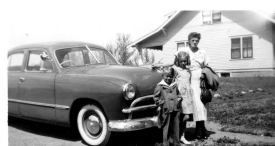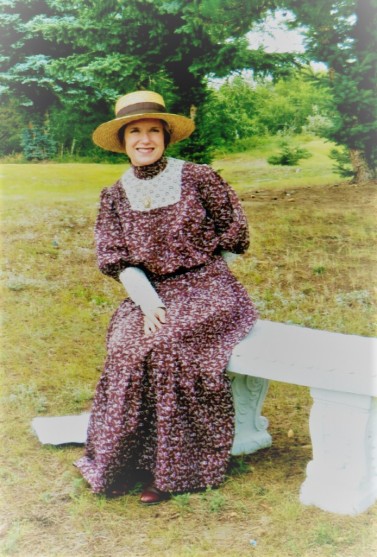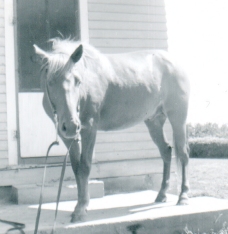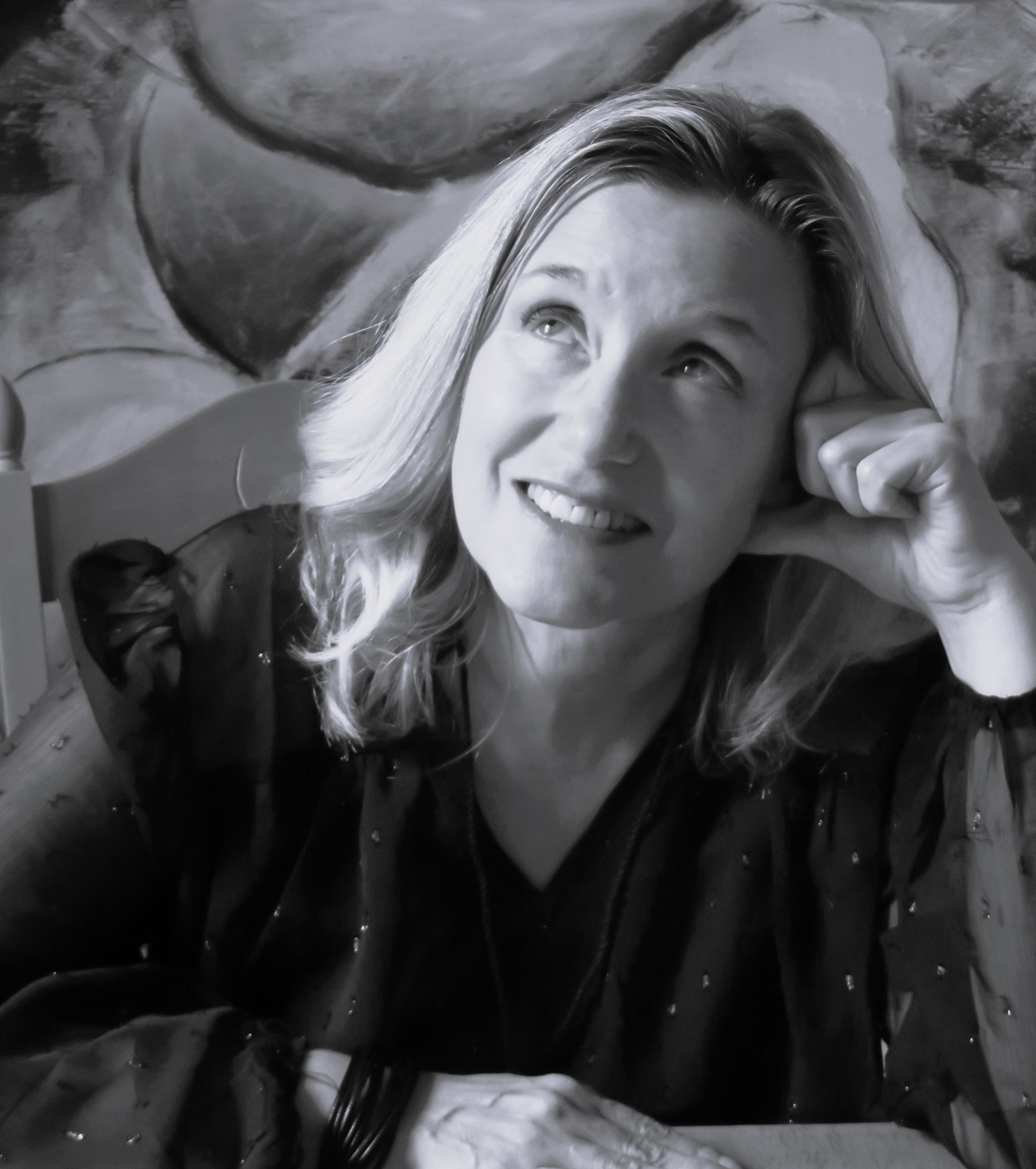Why History is Important


One of our region’s history books.
Before the cemetery tour I led the other day, someone commented, “What’s your tour about? My daughter doesn’t want to go if it’s about dates and who was married to whom.”
People have been turned off by history relayed through dry, dusty details. Too bad. History is rich and informative, and crammed with better stories than I could make up.
We could blame this dislike of history on the musty textbooks some of us remember or on the mandated memorization of dates and events.
In the Alberta schools’ curriculum (2005 by Alberta Education), the subject of history has been replaced with historical thinking. What’s that? According to Alberta Education, it’s this:
“Historical thinking is a process whereby students are challenged to rethink assumptions about the past and to reimagine both the present and the future.”
Hmm.
Listen to me read this post:
A history component is included in the Alberta curriculum’s elective Social Sciences courses:
“The social sciences 20-30 program is intended to complement the Alberta social studies program by encouraging increased understanding of ‘humans and their world.’”
Was this written for aliens studying the habits of humans?
This fact is not reflected in the 2005 Alberta school curriculum, but history is still important. Here’s why.

Grandma, Dad, and my aunt.
History brings the present into perspective.
The past makes the present seem like not such a big deal. It’s easy to feel that our generation is the only one to have lived in turbulent times and to have seen so many changes. It’s easy to feel that no others have experienced what we’re experiencing.
History bridges that gap. When we hear or read the stories of those who came before, we recognize their pain and suffering, their successes and happiness. Sure, our ancestors lived in different times, but they experienced living through the same emotional lenses that we do.
No matter what we’re going through, someone’s been there before. Our lives are unique and our lives are similar. History teaches us that life is paradoxical. The road before us is well-trod, though others traveled it differently.

Tour time at the cemetery.
History makes us feel connected.
We are connected to history by our shared human experience. Throughout human history, people have experienced joys and sorrows. People have had religion, chores and dalliances. People have raised children, raised crops, and raised hell.
All those who came before are joined to us through our common life experiences. History shows us how to feel connected to those who lived before. In this way, history shows us how to feel a connection with those living now.
History can help us avoid repeating mistakes.
Learning about past human follies can steer us toward reform. For example, we know now that colonization doesn’t end well for everybody, that war causes death and destruction, and that the earth’s resources and resiliency are not finite.
Where was I going with this? Right. History gives us the opportunity to learn from past mistakes. It does not guarantee that we will learn. In fact, history tells us that, typically, we do not learn from history.
History can help us avoid repeating mistakes, if we choose to let it.

Grandpa’s pony, Sputnik, waiting for him on the farmhouse’s back step.
History encourages us with stories of triumph.
When life gets tough, we can look to the struggles and successes of our ancestors to keep us going. In the 1930s, my very pregnant grandmother ended up in a December snowbank when the horse-drawn cutter taking her to the hospital to give birth, tipped over. I think about this when my photos are slowly uploading to Facebook.
Years ago, I worked as a costumed interpreter at Heritage Park Historical Village in Calgary, Alberta. This job placed me in the role of my ancestors for eight hours a day. It made me think about the strength of those pioneers and the hardships they went through.
They persevered, breaking land, succumbing to influenza, bearing children at home, and chopping wood and hauling water. They lived through howling prairie winters in sod houses and swept those dirt floors during the summers. That interpreter job still makes me grateful for my washer and dryer.
With its stories, history reassures us that no matter what mountain we face, it’s been climbed before.
History is alive.
Fortunately, history is alive and all around us. There’s plenty that we can do today to explore it. Visit a local museum. If you enjoy your visit, consider volunteering some time to share the past with others.
Read your region’s local history books. These are both informative and deliciously voyeuristic. Once you open it, your nose will be stuck for hours in that heavy book full of tantalizing details.
Did you like reading the history book? Visit your local library. You’ll find the unexpected there. I always do, and I’m always pleasantly surprised.
Do your own online research. Join one of those virtual genealogy groups or just Google topics of historical interest.
Lastly, talk to your older relatives. Ask them to show you photographs and to tell you their stories. Nothing makes history come alive better than hearing the tales straight from the source.
History is not dead. Let’s not bury it and forget about it. Instead, let’s get to know it and discover what we can still learn from it.
Thanks for spending some time with me! ~ Lori

Well, you know I’m a BIG fan of history, so I was nodding all through your blog (nodding in agreement, not nodding off LOL). “Historical thinking”? It sounds like historical analysis ultra-lite, but I’d have to see it in action. Well, perhaps it won’t matter because, according to several articles I’ve recently read, we are rapidly on the way to making ourselves extinct, in part because we can’t seem to grasp reality,let alone history.
LikeLike
You are right, Miss Amy. We don’t want to look at what’s going on here and now let alone examine the past for possible solutions (or at least awesome stories). Thanks for taking the time to comment so thoughtfully.
LikeLike
Great post, Lori. My next project is recording my mothers stories and writing them down. Otherwise the stories will ultimately be lost, and as you said, this is how we learn. I like the idea of the revised Alberta curriculum, but I wonder how that is actually put into practice. Words in a document are one thing.
LikeLike
Thanks for reading and commenting.. Much appreciated. All the best with recording your mom’s stories. What a great project!
LikeLike
It has always amazed me how the education system managed to make history so boring. History is at it’s best a story about people who are at the very least interesting and or lived during a very interesting event. It is better than any novel that has been or will be written.
LikeLike
Agreed! As someone who loves stories, it kills me to see the life sucked out of history. All those tales of lust, murder, and intrigue buried in musty pages and read aloud in monotone. (No disrespect to teachers, I am one.) Thanks so much for commenting!
LikeLike
Reblogged this on Amisk-Hughenden Historical Society and commented:
Here’s a blog from one of our historical society members about why it’s important to know about history.
LikeLike